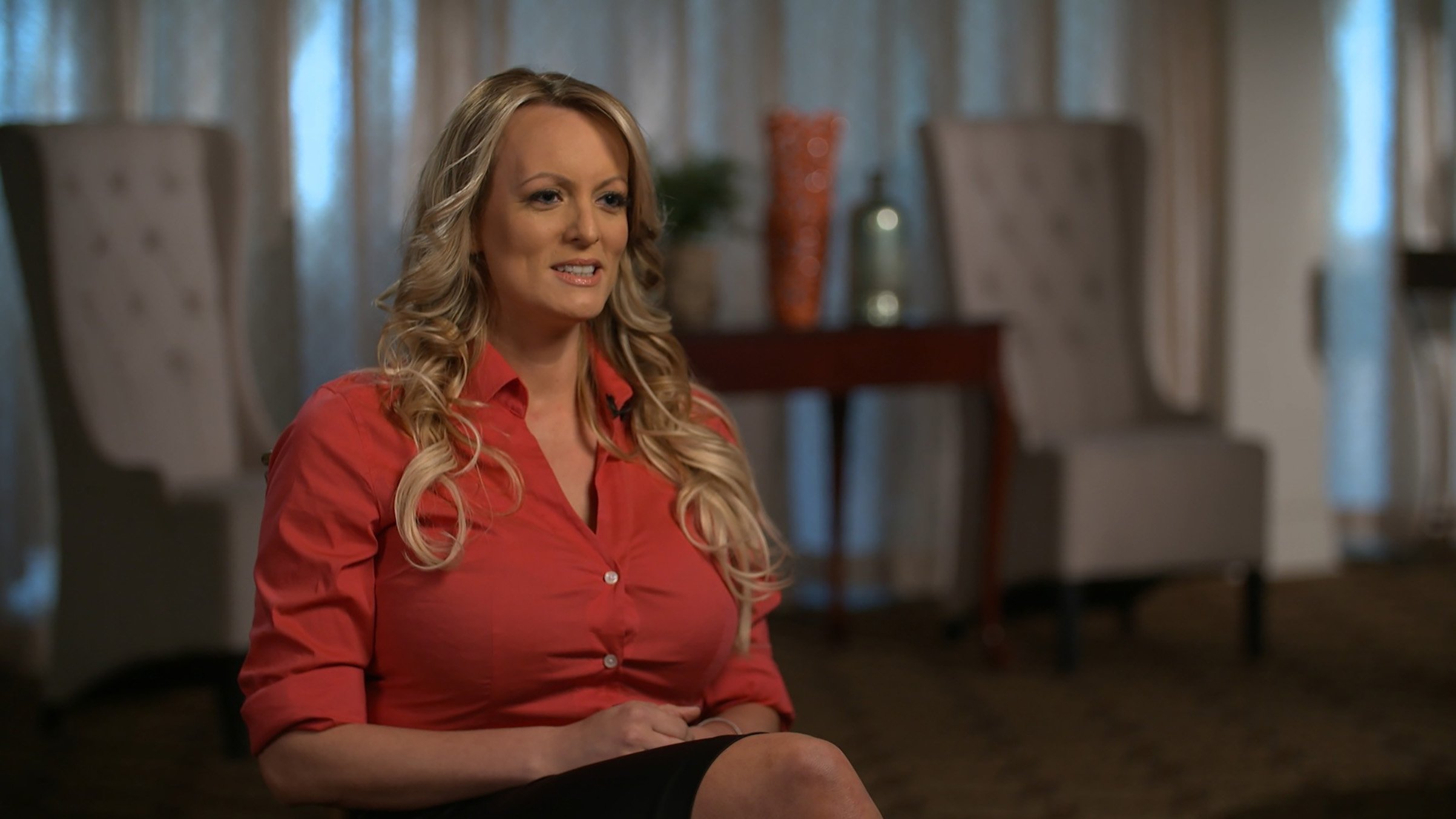
Can Attorneys Record Client Conversations in Georgia?
The issue of attorneys recording clients has been forefront in the news, in Georgia with the infamous Cohen v. Rogers (Waffle House) case and nationally with Michael Cohen revealing recordings with his then-client, Donald Trump. In Georgia, the law states there is nothing to prohibit a person from intercepting a wire, oral or electronic communication where such person is a party to the communication or one of the parties to the communication has given prior consent to such interception – O.C.G.A. Section 16-11-66.
What to Know:
- Georgia is a “one party recording” state
- As long as one of the parties to a conversation is aware that the conversation is being recorded, it is perfectly legal
- Clients should always ask their attorney: “Is this conversation being recorded?”
- The purpose of making the recording can factor into its use later
In an offshoot of the Waffle House Case, specifically Cohen v. Rogers, 338 Ga. App. 156 (2016), lawyers for a housekeeper allegedly provided a recording device for their client to attempt to glean salacious audio and video of her and her employer engaged in compromising and embarrassing acts.
While there were allegations that the recordings were procured in an attempt to defraud the employer, the point for the purposes of this article is that the acts of recording the employer fit within the realm of O.C.G.A. 16.11-66.
Ultimately, the attorneys were disqualified from further representing their client because there existed a conflict of interest since the attorneys were potential material witnesses against their client. After a criminal trial in the Fulton County Superior Court, the attorneys and the former client were acquitted based on the ambiguity of whether the site of the recording constituted a place where the employer reasonably had an expectation of privacy, as it was his home, or whether it was not, given that it was the employee’s workplace.
The infamous Michael Cohen (no relation) and Donald Trump conversations present the same issue.
- The recordings were supposedly made in New York, also a one-party recording state.
- In that instance, Michael Cohen, President Trump’s then attorney/’fixer’ recorded himself with his client discussing, inter alia, making payoffs to Karen McDougal a former paramour of the president.
- He also recorded at least one conversation with a journalist where he discussed payments to Stephanie Clifford (Stormy Daniels). Those recordings, along with other evidence, were seized by the FBI as part of their investigations into Cohen’s business dealings.

In that matter, the court appointed Barbara Jones, a special master, to analyze the prospective evidence to help determine the legality of the recordings and as to whether Cohen breached attorney-client privilege due to the release of the recordings and to ensure that no attorney/client relationships were violated in any of the materials. Ms. Jones did, in fact, determine that the conversations fell within the scope of attorney/client privilege but that they were, in fact, legal.
Rudy Giuliani, the president’s lawyer, subsequently gave numerous interviews stating that other people were aware of the conversations, thus effectively waiving the privilege. Ultimately, Donald Trump himself, after suggesting that the recordings were illegal and privileged via Twitter, contacted the Court and waived the privilege.
What ultimately resulted was the disclosure of a set of recordings between Cohen and Trump discussing the terms of the payouts which ostensibly violated federal campaign finance laws. This ultimately led to the attorney pleading guilty to state charges of tax fraud, making false statements to a financial institution, unlawful corporate contributions and excessive campaign contributions for which he will be sentenced imminently.
